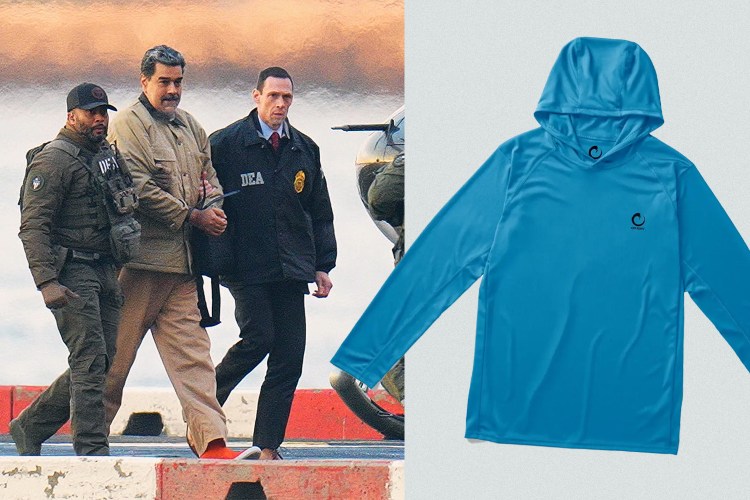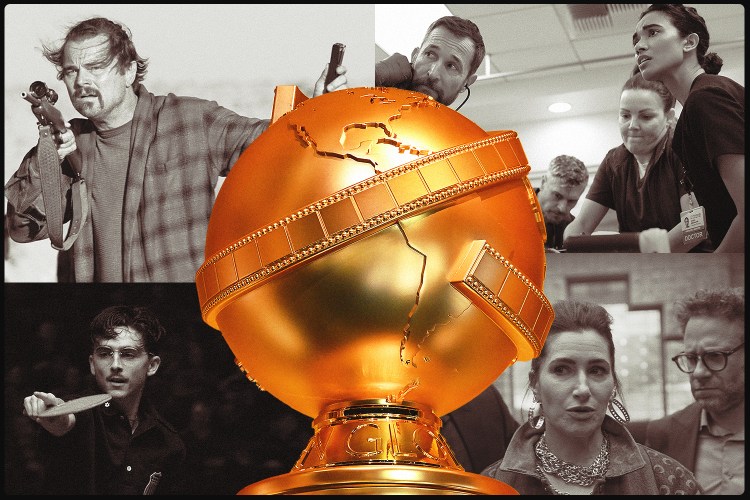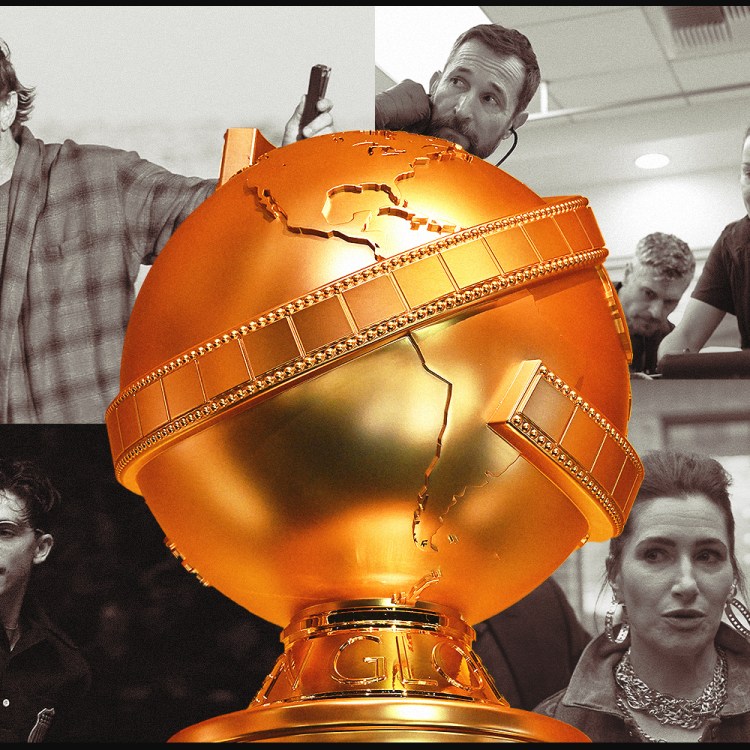With governments at the local and federal level scaling back on funding key programs, rich private citizens are stepping in to fill the void.
But in an op-ed for The New York Times, philanthropy expert David Callahan argues that there may be hidden costs with punting the responsibility to philanthropists.
“Surveys show that most Americans feel that their voice doesn’t count in public life and want to reduce the influence of the wealthy,” he writes. “But today’s big philanthropy is moving us in the opposite direction, at a time when inequality stands at record levels.”
Case in point: The effort of donors, led by Mark Zuckerberg, to push through a school reform movement in Newark that went against local residents’ support.
“When things go wrong with big philanthropy, citizens have little recourse,” wrote Callahan. “The givers are accountable to no one.”
Or in Baltimore, an effort by philanthropists to fund an aerial surveillance project by the city’s police department.
But kind-hearted billionaires’ initiatives, such as the Gates Foundation, clearly play an important role from funding charter schools to urban park spaces to global health initiatives.
What Callahan suggests is more transparency in the reporting of charitable gifts, stricter limits on tax-deductible giving, and lowering the income gap in society to spread the wealth.
This article appeared in an InsideHook newsletter. Sign up for free to get more on travel, wellness, style, drinking, and culture.

























